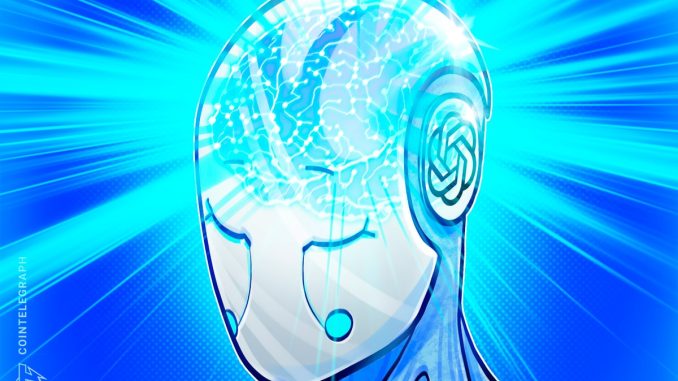
A New York attorney has been blasted for using ChatGPT for legal research as part of a lawsuit against a Columbian airline.
Steven Schwartz, an attorney with the New York law firm Levidow, Levidow & Oberman, was hired by Robert Mata to pursue an injury claim against Avianca Airlines.
Mata claims he sustained the injury from a serving cart during his flight with the airline in 2019, according to a May 28 report from CNN Business.
However, after a judge noticed inconsistencies and factual errors in the case documentation, Schwartz has admitted to using ChatGPT for his legal research, according to a May 24 sworn affidavit.
He claims that this was his first time using ChatGPT for legal research and “was unaware of the possibility that its content could be false.”
In an April 5 court filing, the judge presiding over the case stated:
“Six of the submitted cases appear to be bogus judicial decisions with bogus quotes and bogus internal citations.”
The judge further claimed that certain cases referenced in the submissions did not exist, and there was an instance where a docket number on a filing was mixed up with another court filing.
Schwartz said he also regrets having trusted the artificial chatbot without conducting his own due diligence. The affidavit noted:
“[Schwartz] Greatly regrets having utilized generative artificial intelligence to supplement the legal research performed herein and will never do so in the future without absolute verification of its authenticity.”
Related: AI meets blockchain: Revolutionizing smart contracts and cryptocurrency
In recent times there has been an ongoing debate regarding the extent to which ChatGPT can be integrated into workforces.
However, reports indicate that the intelligence levels of ChatGPT are rapidly advancing.
But developers are skeptical about whether it has the potential to replace humans altogether.
Blockchain developer Syed Ghazanfer said while he favors ChatGPT, he is doubtful that it has the communication skills to completely replace human workers.
“For it to replace you, you have to communicate requirements which are not possible in native English. That’s why we invented programming languages,” he said.
Magazine: ‘Moral responsibility’: Can blockchain really improve trust in AI?





Be the first to comment